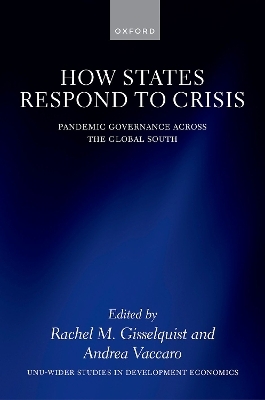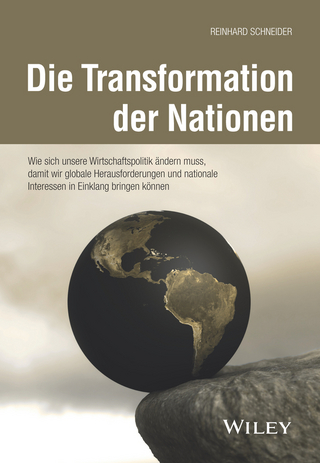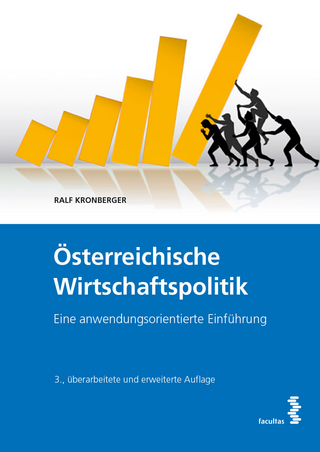
How States Respond to Crisis
Oxford University Press (Verlag)
978-0-19-890720-6 (ISBN)
- Noch nicht erschienen (ca. Februar 2025)
- Versandkostenfrei innerhalb Deutschlands
- Auch auf Rechnung
- Verfügbarkeit in der Filiale vor Ort prüfen
- Artikel merken
This is an open access title available under the terms of a CC BY-NC-SA 3.0 IGO licence. It is free to read at Oxford Academic and is offered as a free PDF download from OUP and selected open access locations.
We expect the state to matter in times of crisis, for more 'capable' or 'stronger' states to better provide for and protect their populations. But how is it, precisely, that the quality of the state matters? This volume speaks to this question through comparative study of how diverse states in the Global South responded to the COVID-19 pandemic, the largest global crisis in recent memory.
Bringing together insights from quantitative cross-country analysis and detailed country case studies, How States Respond to Crisis analyses the ways in which the quality of the state - in terms of its capacity, authority, and legitimacy - affected pandemic governance and health outcomes. Overall, while the significance of state capacity to deliver public services in effective pandemic response is clear, so too is striking variation among states lacking 'strong' capacity. State legitimacy and authority shed light on this variation, linked in particular to the degree to which governments' responses were evidence-based versus politically driven, and the tenor of citizen compliance with and government enforcement of public health regulations.
Seven case study chapters authored by leading scholars of each country provide deep and specific insight into these relationships in Bolivia, Ghana, Nicaragua, Peru, the Philippines, Tanzania, and Vietnam. Extending beyond a literature on the state based heavily on study of Global North contexts, this volume sheds new light on the nature of the state and its role in crisis response and development.
Rachel M. Gisselquist is a political scientist and international development professional with two decades of experience in academia, applied policy research, and the leadership of international research programmes and projects. She is currently a Senior Research Fellow with the United Nations University World Institute for Development Economics Research (UNU-WIDER). Previously, she was Research Director, Index of African Governance, at Harvard University. She has published widely in leading scholarly outlets on issues of inequality, ethnic politics, state-building, foreign aid, governance, and democracy. She holds a PhD from the Massachusetts Institute of Technology. Andrea Vaccaro is a Postdoctoral Research Fellow at the Blavatnik School of Government, University of Oxford, and an Associate Member of St Antony's College. Previously, he was a Visiting Researcher at the World Institute for Development Economics Research, United Nations University (UNU-WIDER) and a Postdoctoral Researcher at the University of Insubria. His research interests lie at the crossroads between comparative politics and global development. Recently, he has worked on the interplay between the state, political regimes, and development, as well as international aid, COVID-19 responses, and measurement and indicators. He received his PhD from the Sapienza University of Rome.
| Erscheint lt. Verlag | 27.2.2025 |
|---|---|
| Reihe/Serie | WIDER Studies in Development Economics |
| Zusatzinfo | 35 figures and tables |
| Verlagsort | Oxford |
| Sprache | englisch |
| Maße | 156 x 234 mm |
| Themenwelt | Medizin / Pharmazie ► Gesundheitswesen |
| Wirtschaft ► Volkswirtschaftslehre ► Wirtschaftspolitik | |
| ISBN-10 | 0-19-890720-6 / 0198907206 |
| ISBN-13 | 978-0-19-890720-6 / 9780198907206 |
| Zustand | Neuware |
| Informationen gemäß Produktsicherheitsverordnung (GPSR) | |
| Haben Sie eine Frage zum Produkt? |
aus dem Bereich


